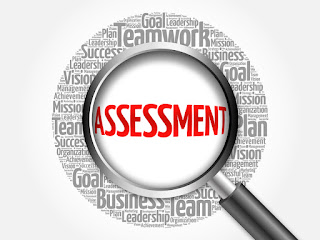Assessment for learning
Assessment for learning is an inevitable process to analyse the out come of
the teaching learning process
Assessment for learning is an inevitable process to analyse the outcome of
the teaching learning process. It is imperative that educators are aware of the
different assessment methods available and understand which ones best fit their
specific pedagogy. The purpose of Assessment for Learning (AfL) is to identify
and use information from the assessment process to adjust and inform the
planning and teaching of the curriculum.
The types of assessment used for include informal assessments such as
class discussions, assignments and observations. Formal assessments include
tests, projects, essays and exams. Educators have to determine the best and
most suitable assessment method to use in each session.
There are also other methods to evaluate student learning such as
assigning grade levels or feedback. Implementing grading scales within the
curriculum can help educators pinpoint the areas of study that are being
mastered versus those that need more attention. This can help educators
implement a more student-centric approach to their curriculum.
Giving feedback to students is also a great way to help guide them in their
learning journey. Providing constructive criticism and acknowledging their
successes can help encourage and motivate students to do better while at the
same time building their self-confidence. Feedback can also be used to track
progress and identify potential issues with individual student learning.




Comments
Post a Comment